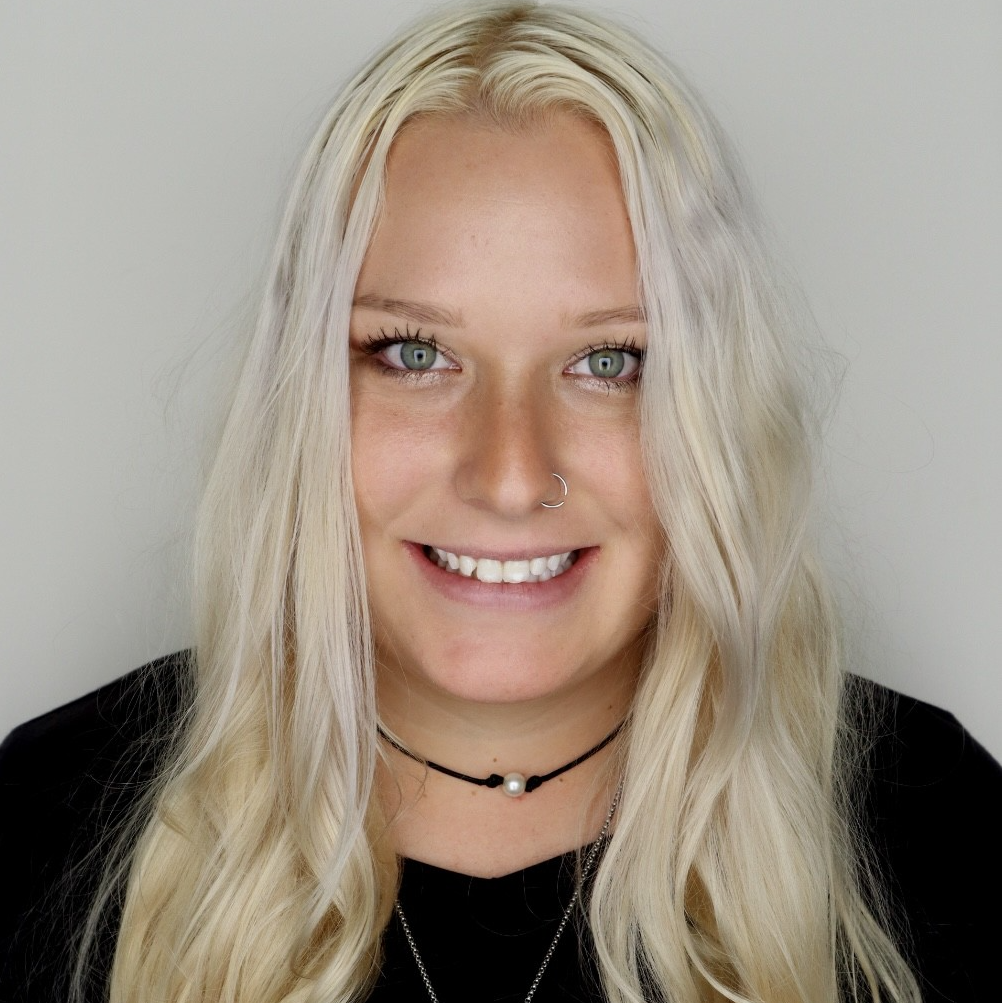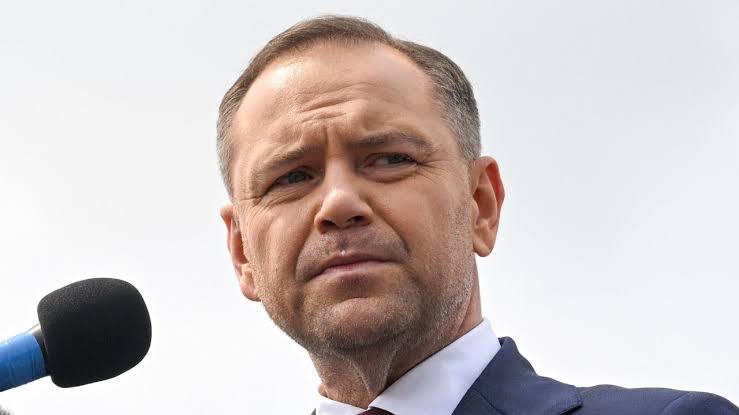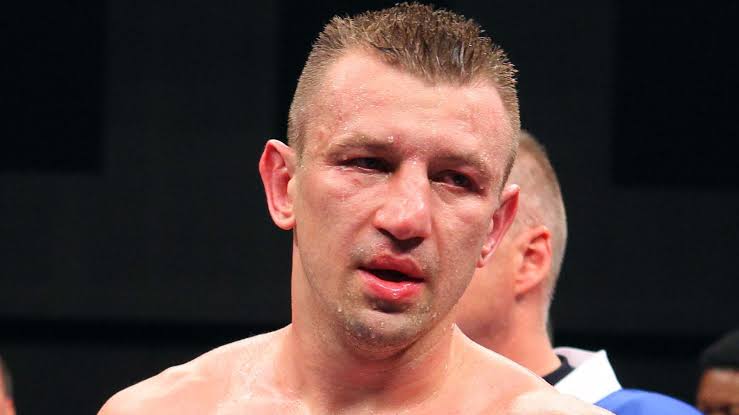CU Boulder Alum’s Digital Wellness Initiative Gains National Attention
Social activist and nonprofit entrepreneur, Maddie Freeman, lands on the “Forbes 30 Under 30″ list for helping young people strike a healthy tech-life balance.
In her first year at CU Boulder, as the pandemic struck, Maddie Freeman saw the mental health struggles of some of her former high school classmates intensify. “I lost 10 friends to suicide throughout high school and into my freshman year of college, and it was obviously very difficult to deal with. It was like this repeated blow, and my whole community just felt shattered,” she said. “So I knew that something had to change.”
Maddie Freeman, founder of the non-profit No-So November
In the wake of those staggering losses, Freeman approached her former school district about launching a petition focused on mental health resources for students. Those intiatives included creating safe spaces where students could go for help, strengthen connections and build community. “The petition blew up really quickly and spread through the whole community like wildfire,” Freeman said. “We got 14,000 signatures in two days.” Freeman and the school district ultimately implemented new programs including one that encouraged students to swap social media time with other activities.
Soon after, Freeman founded the Boulder-based nonprofit, NoSo November (short for “No Social [Media] November”), specifically to educate and empower young people around potential impacts of social media on mental health. Freeman, who became active on social media in sixth grade, said it “profoundly impacted my social world and the way I viewed myself.” She found herself spending 10 hours per day online, largely on social media, negatively impacting her mental health. Now, Freeman shares her story with others and offers a different route.
NoSo November’s three-pronged approach encourages and empowers young people, aged 10 to 19, to invest in their own mental health. “We try to equip students with the tools they need to form healthy relationships with technology,” said Freeman. First, the company’s in-school, digital literacy education program teaches participants about the “attention for profit” business models of social media apps. The second prong offers young people tools to participate in a “digital detox” in which they intentionally step away from social media for a chosen period of time. The third prong revolves around “implementing healthy coping mechanisms,” said Freeman, including in-person,






